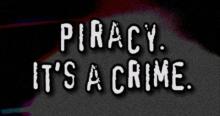Mark A Gregory
<p>
Mark A Gregory is an Associate Professor in the School of Engineering, RMIT University, Melbourne, Australia. He was born in Melbourne, Australia and received a PhD and a Master of Engineering from RMIT University, Melbourne, Australia in 2008 and 1992 respectively, and a Bachelor of Engineering (Electrical)(Honours) from University of New South Wales, Sydney, Australia in 1984. <br>
Mark is a former Army officer who spent four years working on major defence projects, and is a director of an engineering consultancy. Dr Gregory is a Fellow of the Institute of Engineers Australia, a Senior Member of the Institute of Electrical and Electronics Engineers Inc. His research interests include cyber-security, fiber network design and operation, wireless networks and technical risk. Dr Gregory received an Australian Learning and Teaching Council Citation in 2009. <br>
Mark was appointed Managing Editor and Editor-in-Chief of the Journal of Telecommunications and the Digital Economy in January 2015 and completed a major update of the Journal systems and processes prior to retiring from the Board in January 2021. He has been a regular public policy commentator on telecommunications, especially on the status and future of the National Broadband Network, via the ABC,<em> TheNewDaily, The Australian, Business Spectator, The Conversation and InnovationAus.com </em>
</p>










